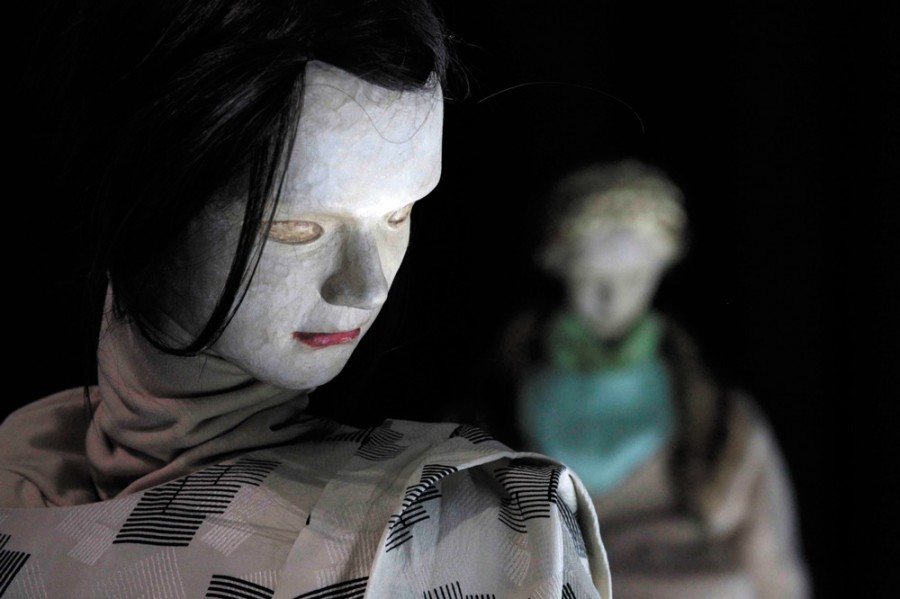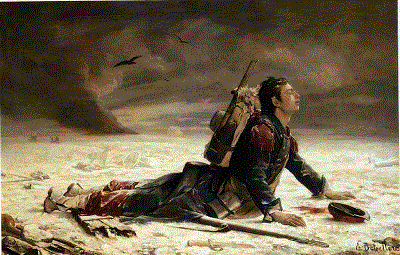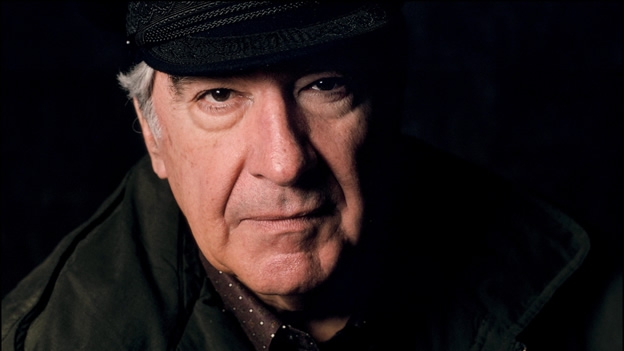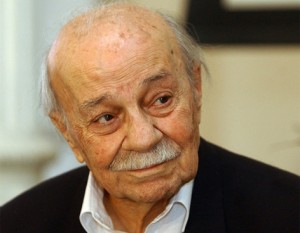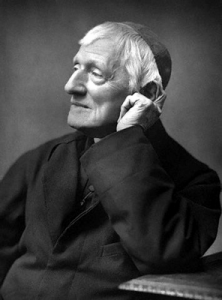
Part 2: The funeral
“ My dear Ismene. I come this morning to tell you that I took care of everything. I took the same undertakers for our two brothers. I couldn't choose and since our brothers didn't leave any last wishes, I took matters into my own hands to get it sorted out as soon as possible. I still ordered embalming so that they are presentable. If you want to go see them, they'll be ready around 3 p.m. You do not have to. Well, if you can take ten minutes, that might be fine. It may be better to keep an image of them happy, children for example. I took the same urn model for both. A priest will come to the funeral home and give a short speech before the cremation. I ordered him to come to the funeral home. You see, I took care of everything. Eteocles will be buried in the cemetery which is located about thirty minutes from Thebes by taking the national. For Polynice, it is more complicated with the law of our uncle, Creon. I decided to scatter his ashes on the battlefield as the king does not want him buried. Makes sense, right? Tell me what you think, I'm not stopped on this point. This portrait of Antigone living in the 21st century delivering the remains of her brothers to the funeral director summarizes the rite of funerals today. The family has since the Industrial Revolution been rendered unproductive. Funerals are no longer part of the family tradition. The modern world is reassured by using the formula make sense , as the translation of the Anglo-Saxon expression is heard today, and as it is so comforting to repeat it to oneself without it really having any… sense, because what what are these mini-senses found on the ground almost by chance, what are these skin-deep that invite themselves in almost without our being there for nothing, if not the residues of a past sense, a common sense, a good sense sculpted by the centuries? Through the destruction of the family, transmission between generations is lacking, the meaning of our actions is lost, so we have to invent meaning, create meaning, we have to give ourselves the illusion of still living, of not not have totally given up. Deceit is backed up by ignorance, and on this point too, trickery is not new. The meaning given by death within the family, this meaning almost completely forgotten nowadays, is recalled by Antigone in Sophocles' play where she stands as a guardian of the values that liberate, because they protect man from death. 'animal. Antigone reaffirms what man can and cannot; it takes hold of a force destined to protect us from our will to power and to teach us the time of responsibility; a time nowadays entrusted to specialists replacing the family, the people who compose it and the tenuous links woven between them over time.
Read the rest of "Antigone, rebellious and intimate (2/7. Funeral)"
